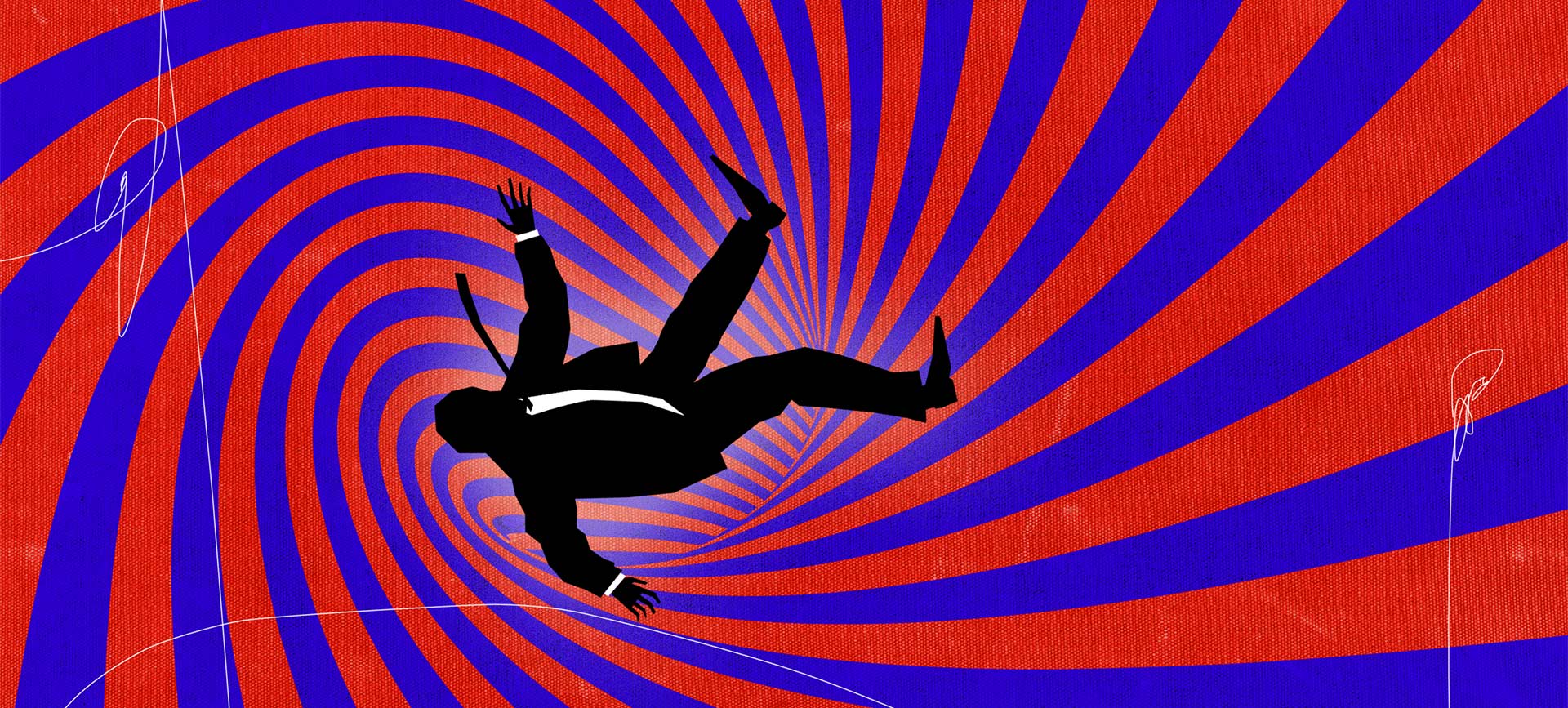"At the same time, there are so many barriers to good sexual health," she said. "There are cultural barriers, structural barriers and systemic barriers in this country that make it difficult for people to achieve good sexual health."
These barriers can include a lack of access to affordable, high-quality sexual healthcare; poverty; a lack of access to comprehensive, medically accurate sex education; and discrimination.
The cultural context, in which stigma is often attached to sexuality and sexual health conversations, can make it challenging to achieve high levels of good sexual health.
Another issue is that sexual health services for LGBTQIA+ individuals are practically nonexistent in some regions of the U.S., particularly for transgender individuals, said Jamie Bichelman, M.S., a mental health researcher in New York City with master's degrees from Harvard University and New York University.
"Additionally, conceptualizing sexual and reproductive health services as either women's or men's only further serves to marginalize transgender and gender-expansive individuals," he said.











